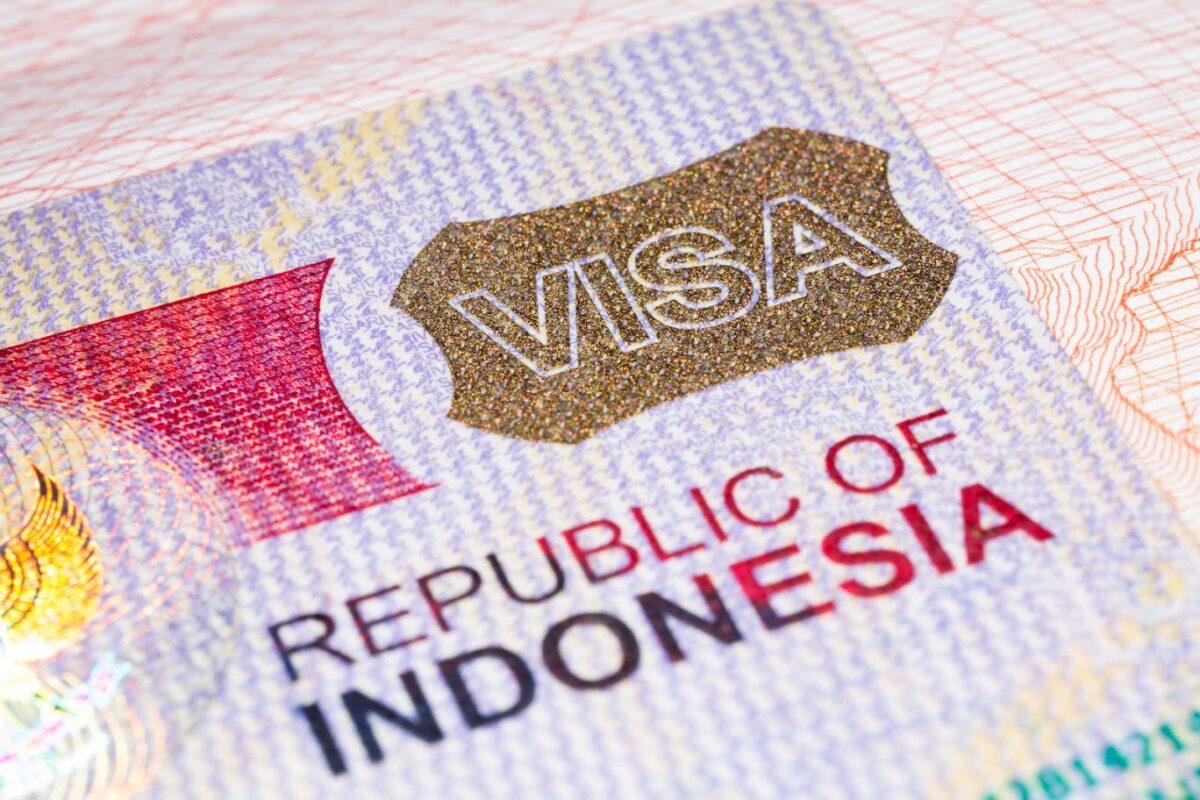A significant update to the visa extension process has just been implemented for tourists and long-stay visitors in Bali and across Indonesia. As of May 29, 2025, all visa applications will now require online registration, followed by in-person document verification and biometric data collection at an Immigration Office.
This new hybrid system marks a shift back to the traditional method of visa extensions, which previously necessitated multiple visits to immigration offices for tourists, long-stay visitors, business travelers, and socio-cultural visa holders.
In 2024, tourists were allowed to extend their eVisa on Arrival and several other visa categories fully online, representing a major step toward a digital immigration system. However, due to a rise in visa violations and unlawful activities among foreigners, Indonesia’s Directorate General of Immigration has introduced this new hybrid application system.
Acting Director General of Immigration Yuldi Yusman detailed these changes in Circular Letter Number IMI-417. GR.01.01 Year 2025, effective immediately. Tourists and long-stay visitors in Bali wishing to extend their visas or residency permits must now register online through the Official Indonesia Immigration website, the same platform used for obtaining the eVisa on Arrival.
Applicants should select “extend my visa” and follow the onscreen instructions, with their passport readily available. The website is accessible in English and compatible with both mobile and desktop devices.
Yusman clarified that this procedure also applies to those holding a visa on arrival (VoA). It remains possible to initiate extension applications through walk-in visits, adhering to the same registration steps. During the first visit to an Immigration Office, applicants will need to complete an extension registration form and can expect a follow-up visit within two working days.
Once the online registration is submitted, applicants will receive an appointment at their nearest immigration office within two working days. These regulations are applicable to all immigration offices throughout Indonesia and all extendable visa categories.
Yusman mentioned a priority service for applicants who are elderly, disabled, pregnant, breastfeeding, or facing emergencies. This service allows for the entire process, including registration and biometrics, to be completed in a single visit with assistance from immigration officers.
The Immigration Department has cited a sharp increase in enforcement cases as a major reason for the new visa extension rules. From January to April 2024, there were 1,610 immigration enforcement cases, while that number rose to 2,201 in the same period in 2025—a 36.71% increase.
During the biometric and document verification appointment, applicants might be asked about their visit intentions and reasons for staying in Indonesia. Although no additional paperwork is required, it is common for visa extension applicants to be inquired about their onward travel plans, accommodation within Indonesia, and, in certain circumstances, proof of financial support.
As Indonesia reinforces its policies against visa abuse and unlawful conduct by foreigners, further changes might be anticipated. The most suitable visas for vacationers heading to Bali are the VoA and eVoA. The VoA can be applied for before arrival or obtained upon landing at Bali Airport. It costs IDR 500,000, is valid for 30 days, and can now be extended for an additional 30 days under the new hybrid application system.
Please note, if you use Bali Legals to extend your visa you will only need to go to immigration once. If you do it yourself you will need to go 3 times. If you want to extend with us you can contact the visa division direct at visa@balilegals.com or via wattsap during office hours on +62 821-4599-7699
Alternatively you can contact us here.
Please follow our Facebook page and Instagram account for all the latest news and information.
See our Google Reviews.





